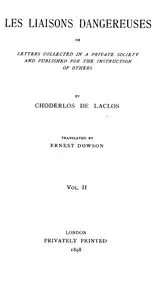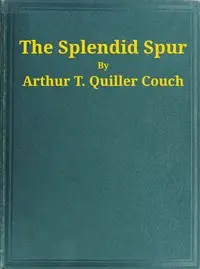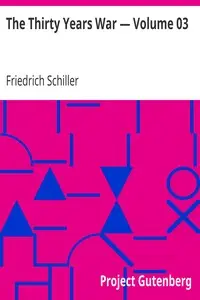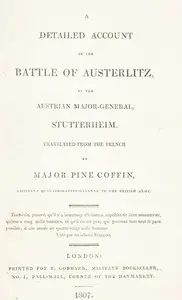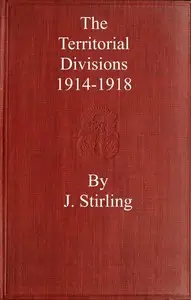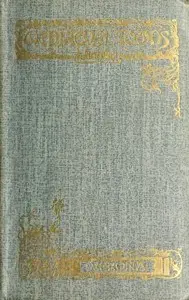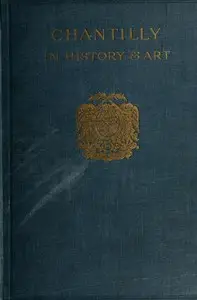"With British Guns in Italy: A Tribute to Italian Achievement" by Hugh Dalton is a historical account written in the immediate aftermath of World War I, first published in the early 20th century. The author, a former lieutenant in the Royal Garrison Artillery, shares his experiences serving alongside Italian forces on the Italian Front between 1917 and 1918. The book aims to highlight the significant contributions of Italian troops during the war and celebrate Anglo-Italian friendship through personal anecdotes and observations from the front lines. The opening of the narrative sets the stage for Dalton's reflections, discussing the historical context of Anglo-Italian relations and Italy's role in the Great War. The author emphasizes the mutual respect and camaraderie that existed between British and Italian soldiers, while also addressing the challenges they faced together on the battlefield. He recalls his journey from Folkestone to Italy, capturing vivid impressions of the landscapes and people he encountered along the way. Dalton's prose combines a sense of personal narrative with broader historical insights, establishing a tone of reverence for the bravery of Italian soldiers and a commitment to documenting their efforts during a strenuous period of conflict. (This is an automatically generated summary.)
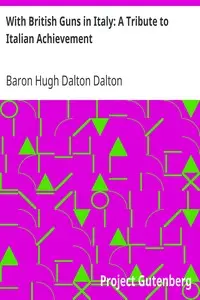
With British Guns in Italy: A Tribute to Italian Achievement
By Hugh Dalton Dalton
"With British Guns in Italy: A Tribute to Italian Achievement" by Hugh Dalton is a historical account written in the immediate aftermath of World War ...
Edward Hugh John Neale Dalton, Baron Dalton, was a British Labour Party economist and politician who served as Chancellor of the Exchequer from 1945 to 1947. He shaped Labour Party foreign policy in the 1930s, opposing pacifism; promoting rearmament against the German threat; and strongly opposed the appeasement policy of Prime Minister Neville Chamberlain in 1938. Dalton served in Winston Churchill's wartime coalition cabinet; after the Dunkirk evacuation he was Minister of Economic Warfare, and established Special Operations Executive. As Chancellor, he pushed his policy of cheap money too hard, and mishandled the sterling crisis of 1947. His political position was already in jeopardy in 1947 when he, seemingly inadvertently, revealed a sentence of the budget to a reporter minutes before delivering his budget speech. Prime Minister Clement Attlee accepted his resignation; Dalton later returned to the cabinet in relatively minor positions.






